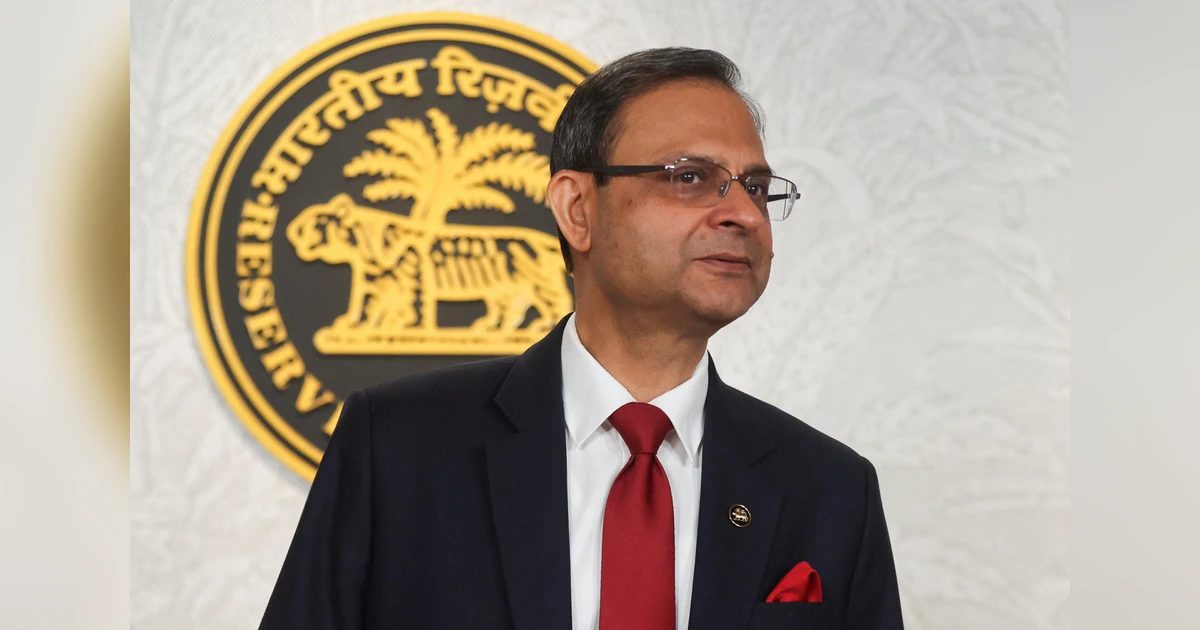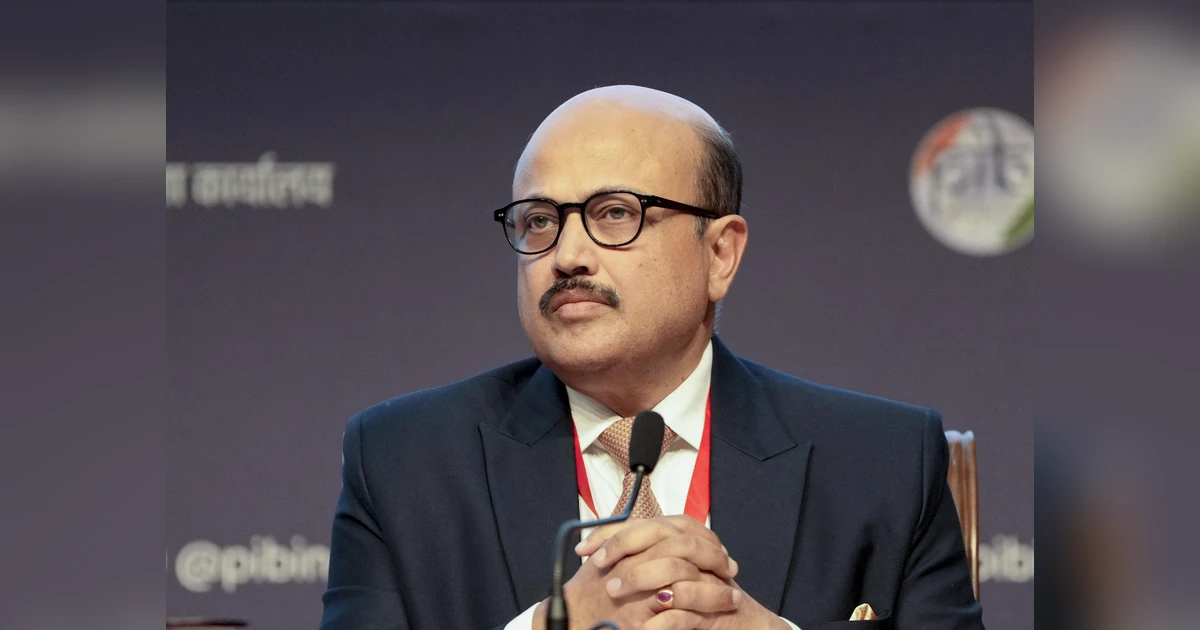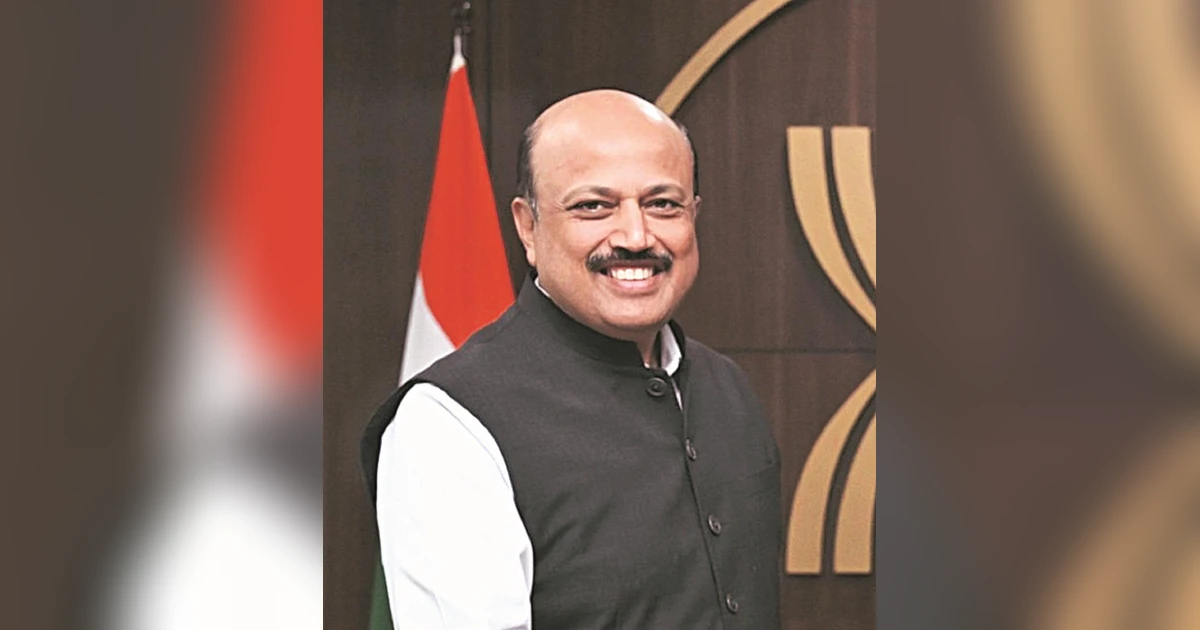With the issue of freebies announced by political parties being heard by the Supreme Court, economists are of the view that if there is revenue surplus in the budget then freebies could be implemented.
In simple terms, what is applicable at the home front is equally applicable for the governments – spend if there is a surplus, said economists queried on freebies and subsidies.
“Political parties can announce freebies, subsidies as poll promises. But such poll promises – freebies/subsidies – should be implemented only if there is a revenue surplus in the state budget,” K.R. Shanmugam, Director, Madras School of Economics, told IANS.
The state and the central governments are welfare governments and welfare schemes cannot be prohibited, he added.
The current debate about freebies is that they are announced by political parties as part of their poll manifestoes. There are also free schemes implemented by the governments which were not mentioned in the ruling party’s manifestos.
The one way out is that the state budget should comply with the Fiscal Responsibility and Budget Management Act (FRBM) and there should be revenue surplus in the budget.
“Implementing freebies and subsidies announced in the poll manifestoes can be allowed if there is a revenue surplus in the state budget,” Shanmugam reiterated.
But what is happening at the ground level is that the state governments borrow to implement these freebies which in turn adds to their debt burden.
According to Shanmugam, a sustainable debt: state gross domestic product (SGDP) ratio will be 20 per cent.
Indian states should curtail their wasteful expenditure to control their debt and improve their fiscal position.
Freebies and welfare schemes of state governments are funded mainly from liquor tax revenues which is like robbing the family head and giving it to his family members.
“The issue of subsidies and freebies has come to the fore with the collapse of the Sri Lankan economy and political parties announcing freebies as their poll promises,” Economist Gowri Ramachandran told IANS.
According to her, freebies are not actually free, but a burden on other taxpayers.
It is a welfare economy and is the duty of the state government to protect the marginalised sections of the society.
Ramachandran said freebies/subsidies had to be accommodated in the budget outlays.
She said freebies/subsidies have to be dealt with in a calculated manner without foregoing fiscal deficit, macroeconomic stability while bringing up the marginalised sections of the society.
“Subsidies are of two kinds — good and bad. The good ones do not impact other sectors, distort prices while uplifting the targeted populace, while bad subsidies have a negative effect on the other sectors,” Shanmugam said.
According to him, subsidy is a fiscal instrument in the hands of the government.
Shanmugam said if the target group is identified and assistance is provided to them for their upliftment then it is a good subsidy.
However, if it distorts the price – for example free electricity – then it is bad.
Electricity is a scarce commodity and offering it free will increase the usage which in turn would distort the prices in other sectors.
“Similarly, the free bus ride for women in the government city and town buses in Tamil Nadu is not a targeted one as those who can afford the bus will also travel free,” Shanmugam added.
According to Ramachandran, the expenditure and the overall beneficial impact has to be weighed in the case of welfare schemes.
She added that freebies play a role in attaining the UN Sustainable Development Goals like zero hunger, good health and wellbeing and gender equality.
“In all these touch points freebies play an important role,” she said.
Agreeing that the state’s alternate sources of income are limited, Shanmugam said: “Perhaps the Central government can allow the states to levy Income Tax on their citizens. There are states who are complaining that their citizens contribute a huge amount of taxes to the Central government but get only a small share from the Centre.”
(Venkatachari Jagannathan can be reached at v.jagannathan@ians.in)
–IANS
vj/bg
(Only the headline and picture of this report may have been reworked by the Business Standard staff; the rest of the content is auto-generated from a syndicated feed.)




